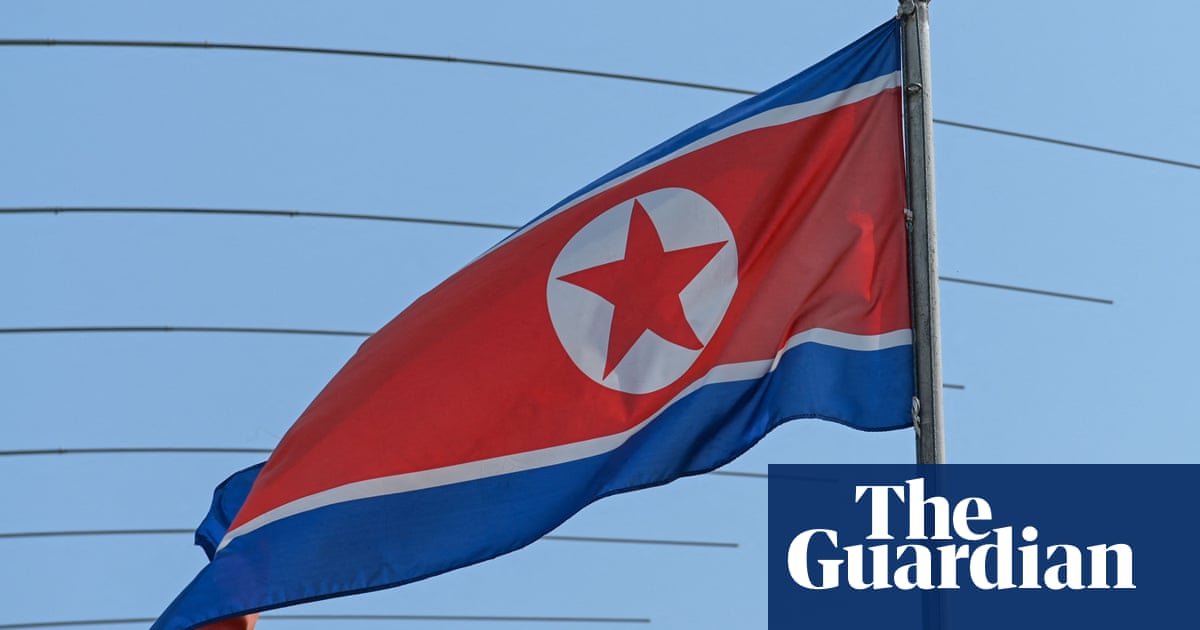Fun fact about NK embassies, they are run like businesses, usually engaging in activities that are illegal or “illegal except for diplomatic immunity”. They are expected to not only fund themselves, but also channel profits back home. If they can’t do this, NK shuts them down.
Kimmy is very desperately hoping Trump and Putin will come to his aid
“Its diplomatic missions do not receive money directly from Pyongyang, but instead sustain their presence from construction and IT, as well as illegal trade, smuggling and money laundering.”
So this “IT” is not exactly innocent either. The North Korean IT workers hide their identity to get hired by western firms as consultants and funnel that money to Korea: https://www.reuters.com/world/us-announces-seizure-17-website-domains-used-by-north-korea-it-workers-2023-10-18/
Not to mention North Korean state sponsored hacker groups like Lazarus being active in ransomware, digital bank heists, data ransom, and the list goes on. Just like in Russia, the North Korean government is basically a criminal organization that managed to seize a country.
This is the best summary I could come up with:
While Kim Jong-un basks in the afterglow of his recent visit to Russia, North Korea is scaling back its presence overseas, with reported plans to close almost a quarter of its diplomatic missions blamed on its sanctions-hit economy.
While the regime moves closer to China and Russia amid new tensions on the Korean peninsula, years of UN-led sanctions have forced it to close embassies and consulates in as many as a dozen locations, including those in countries Pyongyang views as longtime allies.
North Korea sealed its border with China at the start of the coronavirus pandemic, effectively shutting itself off from its biggest trading partner, while the UN continued to punish the regime over its development of weapons of mass destruction.
But Cho Han-bum, a senior research fellow at the Korea Institute for National Unification, said the embassy closures were evidence that the North Korean economy was in crisis, with increases in its trade deficit and lower foreign currency reserves.
The closures also highlight a shift in Pyongyang’s diplomatic strategy that has seen it move closer to Russia and China in response to the arrival of a hardline administration in Seoul and the failure of Donald Trump’s “nuclear diplomacy”.
During their recent summit, Kim and Vladimir Putin are thought to have agreed a deal in which the North will supply the Kremlin with ammunition for its war in Ukraine, possibly in return for Russian help with Pyongyang’s space programme.
The original article contains 939 words, the summary contains 239 words. Saved 75%. I’m a bot and I’m open source!



